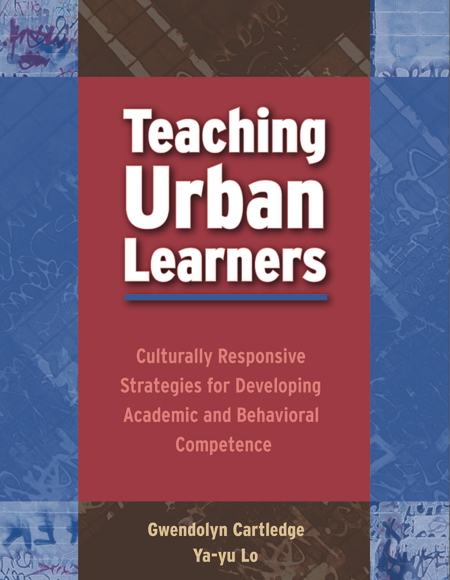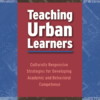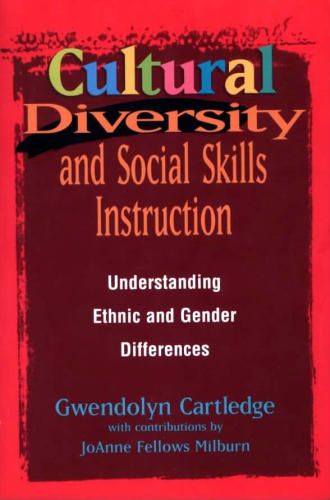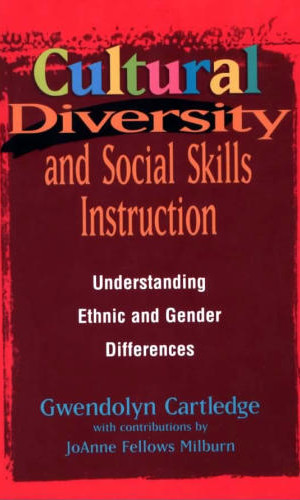This valuable resource is divided into four parts: (1) culturally responsive instruction, (2) effective academic instruction, (3) improving social competencies, and (4) parental involvement.
Recommended for K-5 classroom teachers, special educators, and counseling staff, this book’s 11 chapters detail important strategies, such as providing effective academic interventions; teaching with high expectations; keeping students academically engaged in meaningful learning activities; monitoring progress; providing effective schoolwide behavioral interventions; and establishing positive relationships with families. The authors provide case examples and step-by-step instructions to help educators apply the strategies presented.
Research shows that many poor children come to school unprepared for the academic and behavioral demands of the classroom. Their language and readiness skills are substantially behind those of their more affluent peers. As time goes by, many students fall progressively further and further behind and face an ever-widening achievement gap. They are often placed in special education classes and are disproportionately impacted by disciplinary referrals, suspensions, and expulsions. This is especially the case for African American males.
This book is the result of the authors’ intensive consulting and research in inner-city elementary schools.
Book Reviews
“Each chapter in this well-written text follows a user-friendly format that includes applications of the strategy, a rationale for its implementation, definitions where helpful, descriptions of effective pedagogy, and the benefits to students. Additionally, each chapter offers realistic timetables (e.g., daily, weekly, grading period) for each strategy’s implementation sequence, and a generous list of hard copy and/or electronic resources for further reading and suggestions.”
Mary Ransdell, Ed. D., Education Book Review
“Building from their work in urban schools, Cartledge (special education, Ohio State Univ.) and Lo (special education, Univ. of North Carolina, Charlotte) write for educators striving to reduce referrals for discipline and special education (which they define as emotional disturbances). They cover culturally responsive instruction, describing urban learners and beginning reading instruction, effective academic instruction leading to proficiency through such devises as response cards, repeating reading and peer tutoring, improving social competencies through behavior management, social skills instruction, individualized behavior intervention plans and school-wide behavior systems, and improving parent involvement, They provide case examples, step-by-step instructions and support materials and forms.”
Reference & Research Book News






